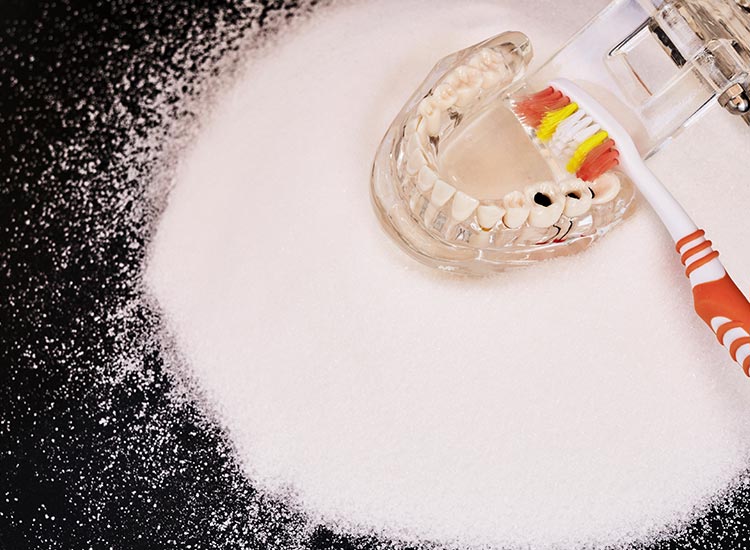Does baking soda remineralize teeth?
Baking soda does not directly remineralize teeth, but it can help remove surface stains and reduce plaque buildup, which supports overall oral health.
Key Points to Consider:
-
Baking soda can help remove surface stains on teeth.
-
It has mild abrasive properties, which help clean and polish teeth.
-
Baking soda does not contain fluoride, which is necessary for remineralization.
-
Proper dental care and fluoride treatments are essential for remineralizing teeth.
How Baking Soda Affects Teeth
Benefits of Baking Soda in Oral Hygiene
Baking soda is commonly used in toothpaste due to its gentle abrasive nature, which helps remove plaque and surface stains. It can whiten teeth and neutralize acids in the mouth that cause tooth decay. While it cleans teeth effectively, it does not have the capacity to remineralize enamel or repair deep decay.
Limitations of Baking Soda for Remineralization
To remineralize teeth, the enamel needs specific minerals such as calcium and phosphate, which are typically found in fluoride toothpaste or certain treatments like remineralizing gels. Baking soda lacks these essential components, so while it can improve the appearance of teeth by cleaning them, it does not directly strengthen or rebuild enamel.

Alternatives for Remineralizing Teeth
Fluoride and Calcium for Enamel Repair
To effectively remineralize teeth, fluoride is one of the most common and effective options. It can help rebuild weakened enamel by providing the necessary minerals to strengthen it. Regular use of fluoride toothpaste and professional fluoride treatments can support the process of remineralization, especially after enamel has been damaged by acid or plaque buildup.
Additional Oral Care Strategies
In addition to fluoride, maintaining a balanced diet rich in calcium and phosphate is essential for tooth health. Foods like dairy products, leafy greens, and fortified products can help promote remineralization naturally. Consistent brushing, flossing, and regular dental visits are also crucial for preserving enamel and preventing further decay.
